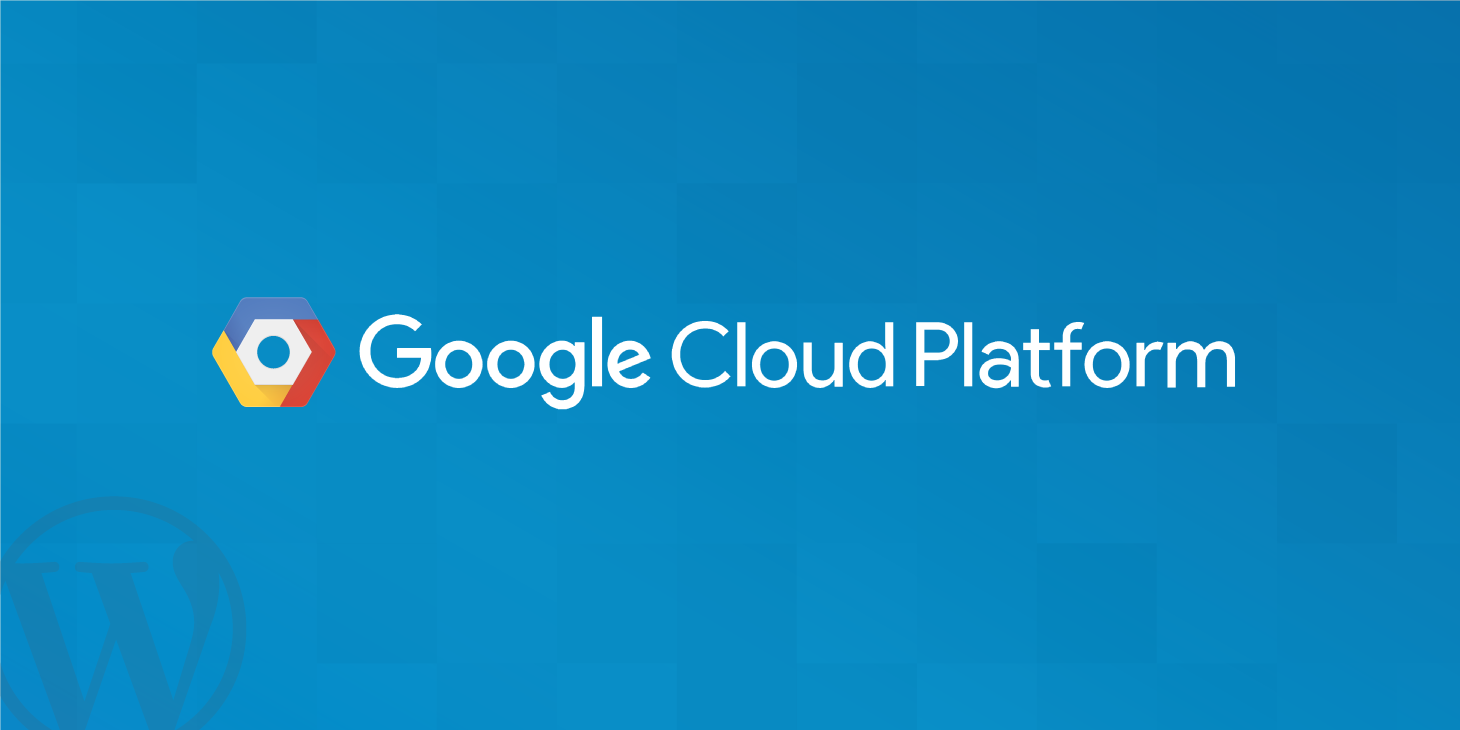What is Google Cloud Platform? Its Services and Advantages

-
Added on
- May 23, 2018 by
- Admin
Google Cloud Platform is a suite of public cloud computing services offered by Google. The platform includes a range of hosted services for compute, storage and application development that run on Google hardware. Google Cloud Platform services can be accessed by software developers, cloud administrators and other enterprise IT professionals over the public internet or through a dedicated network connection.
Google Cloud Platform Services
Google Cloud Platform offers services for compute, storage, networking, big data, machine learning and the internet of things (IoT), as well as cloud management, security and developer tools. The core cloud computing products in Google Cloud Platform include:
Compute
- Compute Engine [Virtual Machines, Disks, and Network] An IaaS service that provides virtual machines (VMs) hosted on Google’s infrastructure.
- App Engine [Managed Application Platform] A PaaS service for building web applications and mobile backends using container instances preconfigured with one of several available runtimes, each of which include a set of standard App Engine libraries.
- Container Engine [Managed Kubernetes / Containers] Cluster management and orchestration system for coordinating Docker containers. It is based on the open source Kubernetes project.
- Container Registry [Private Container Registry & Storage] Private Docker repository hosted on Google’s infrastructure.
Storage and Databases
- Cloud Storage [Object & File Storage and Serving] A unified object storage service, offering a spectrum of storage options including geo-redundant (low-latency, high QPS content serving to users distributed across geographic regions)
- Cloud SQL [Managed MySQL] A fully-managed MySQL database service for hosting relational MySQL databases on Google’s infrastructure.
- Bigtable [HBase Compatible NoSQL] A high performance NoSQL Big Data database service, designed to support very large workloads at consistent low latency and high throughput rates.
- Cloud Datastore [Distributed Hierarchical Key/Value Storage] A NoSQL schema less database for storing non-relational data.
Big Data
- BigQuery [Serverless Data Warehousing & Analytics] Serverless, fully managed, petabyte scale data warehouse and analytics platform, used to store and query Big Data using SQL.
- Cloud Dataflow [Managed Data Processing] A fully-managed real-time data processing service for batch and streaming Big Data processing
- Dataproc [Managed Spark & Hadoop] Managed Apache Hadoop, Apache Spark, Apache Pig, and Apache Hive service used to process large datasets.
Machine Learning
- Cloud Machine Learning [Machine Learning with TensorFlow] A managed service for building machine learning models using the TensorFlow framework.
- Cloud Vision API [Image Recognition and Classification] A REST API that can be used to understand the content of an image into categories, detect individual objects and faces within images, and find and read printed words contained within images
- Cloud Speech API [Convert Speech to Text] A REST API that can be used to convert audio to text. The API recognizes over 80 languages and variants.
Networking
- Google Cloud Virtual Network [Software Defined Network] A set of Google-managed networking capabilities, including granular IP address range selection, routes, firewalls, Virtual Private Network (VPN)
- Cloud Load Balancing [Multi-region Load Distribution] A service that load-balances and auto-scales GCP compute resources in single or multiple regions behind a single anycast IP
- Cloud CDN [Content Delivery Network] Uses Google’s globally distributed edge points of presence to cache HTTP(S) load-balanced content close to users.
Identity and Security
- Google Cloud IAM [Identity & Access Management] Lets administrators authorize who can take action on specific resources, along with built-in auditing
- Cloud Resource Manager [Cloud Project Metadata Management] A service for programmatically managing the resource containers (such as Organizations and Projects) used to group and hierarchically organize GCP resources
- Cloud Security Scanner [App Engine Security Scanner] A web security scanner for common vulnerabilities in App Engine applications, including cross-site-scripting (XSS), Flash injection, mixed content (HTTP in HTTPS), and outdated / insecure libraries.
Advantages of GCP:
- Better Pricing Than Competitors
- Private Global Fiber Network
- Live Migration of Virtual Machines
- Improved Performance
- State of the Art Security
- Dedication to Continued Expansion
- Redundant Backups
